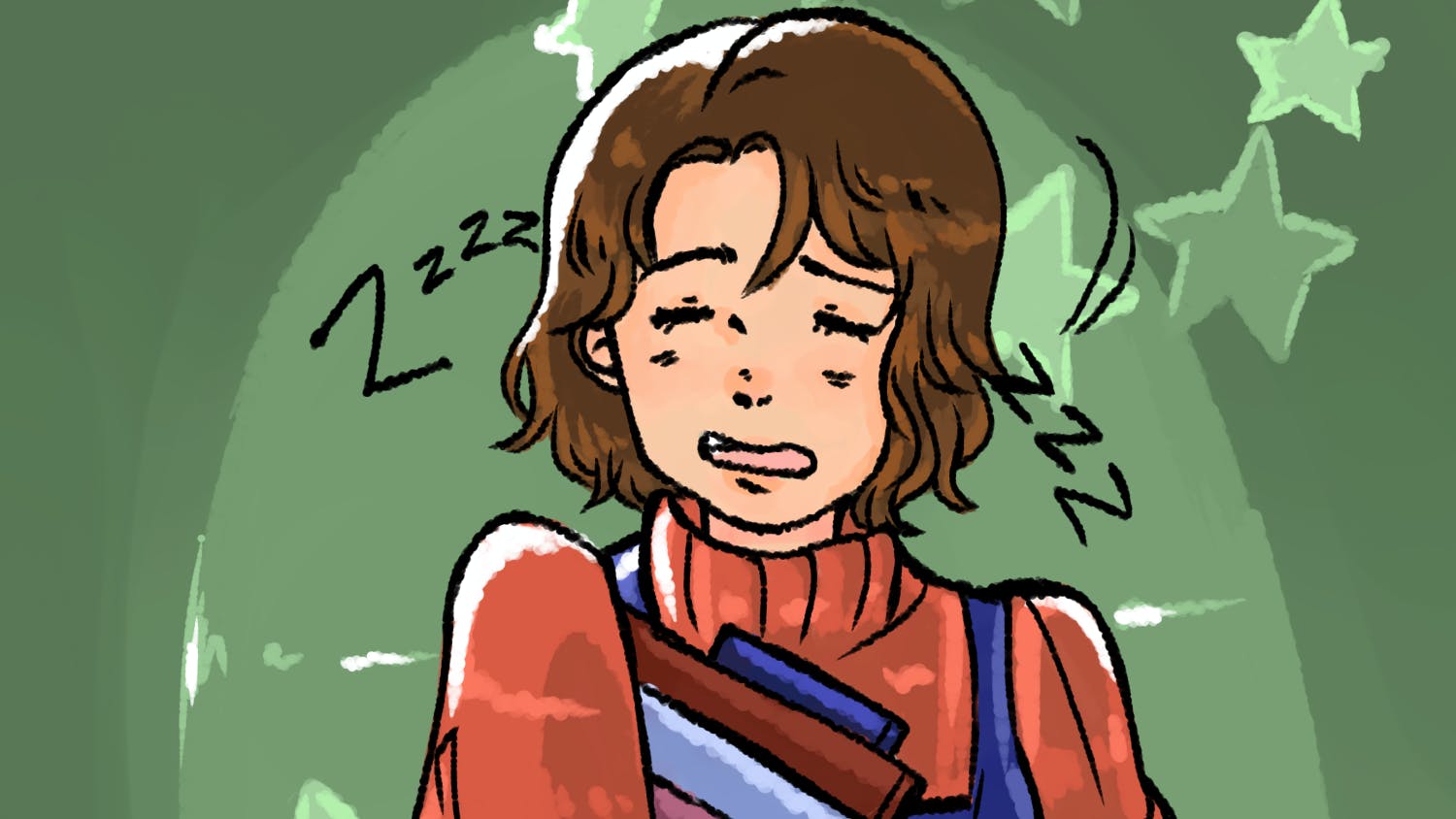The current version of America is supposedly of the highest technological, intellectual prowess. In theory, this rendering of the country entails a highly intellectualized, seamlessly-functioning society which uplifts the access to knowledge and artistic enrichment of all its citizens. In reality, it denotes the rampant self-censorship of educators, vilification of children's novels and erasure of marginalized groups. This isn’t some behemoth of dystopian fiction, nor is it a hyperbolized depiction.
This is real life. This is America.
The fact is, literature has become a weaponized commodity in our country, a concept brought about by increasingly detrimental Republican legislation nationwide. According to data collected by the American Library Association, in 2024 alone, over 2,400 titles were challenged or banned entirely — no amount of fame nor reputation could salvage these works from subduing such demoralization. Works from prominent authors like Toni Morrison and John Greene have been deemed unfit and dangerous for the American reader.
Yet, such a preposterous assertion could not stray further from actuality. As independent American citizens, it is not only our fundamental right but our moral and scholarly duty to engage with the written word and grapple with topics which may feel unfamiliar or convoluted to us; in doing so, we commit the grandest act of self-service there is: learning.
Conversely, the Republican party reckons otherwise. In 2023, Texas judges passed Senate Bill 13, which mandates revised policies regarding approved library materials in public schools. Moreover, the bill, which went into effect in September of this year, gives authority to school boards — not librarians — to determine which titles are prohibited from being accessed by student readers.
This Texas bill is one of many demonstrations of the vehement, unchecked rampage upon so-called controversial works of literature and the very concept of broadening one’s intellect and worldview. By subverting librarians’ jurisdiction over the works which they dedicate their lives to, as well as by blocking students’ access to said titles, Republican legislators and sympathizers have subsequently declared a war on knowledge.
The responsibility to retaliate lies in the hands of readers nationwide.
Admittedly, quarreling in a knowledge war seems a tall order — how can the average American realistically be expected to brawl with the very governmental systems which exist solely for the purpose of stifling their artistic and intellectual curiosity? Yet, the answer to this question is simple: read.
Read every form of challenged literature you can. Engage with difficult, nuanced texts. Embrace the confusion, curiosity and occasional discomfort that is present in many challenged titles. Through becoming engrossed with banned and threatened literature, we simply become smarter, not just independently, but as a collective societal psyche.
Our reality need not remain Orwellian. So pick up that copy of “The Bluest Eye,”wield your library card and resist the notion that knowledge should be weaponized. The current government administration may be penning the pages of the present — but we, the people, write the story of our future.






